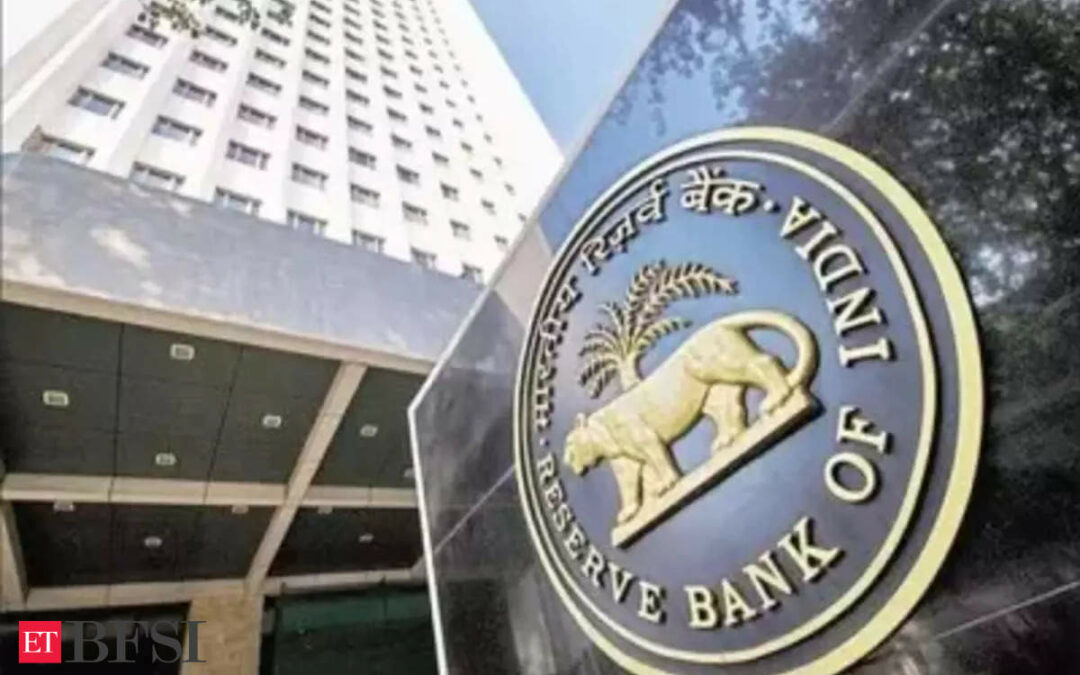The Reserve Bank of India (RBI) has made several significant announcements that have changed the fortunes of the fintech world this year, from FLDG guidelines to cross-border payments. Let’s take a swift review of some key decisions undertaken by the central bank.
The central bank’s initiatives aim to foster innovation, transparency, and efficiency in India’s rapidly advancing fintech sector. The unveiled measures signal a transformative period, laying the groundwork for a robust and future-ready financial ecosystem.
Digital lending transforms with FLDG guidelines
In a groundbreaking move, the Reserve Bank of India (RBI) has ushered in a new era for digital lending with the introduction of First Loss Default Guarantee (FLDG) guidelines. These guidelines, designed to fortify the digital lending landscape, promise to reshape the sector by effectively managing credit risks, reducing the likelihood of borrower defaults, and instilling confidence among lenders. The FLDG framework serves as a robust safety net, setting high regulatory standards for both regulated entities and online lending service providers. This move is a strategic step towards creating a credible, responsible, and transparent digital lending ecosystem. However, while it has reduced risks, it has also slowed down the sector cosiderably.
e-Rupee launches: A digital milestone
The RBI has marked a historic moment in India’s digital payments landscape with the launch of e-Rupee, a virtual currency issued by the central bank. This move, initiated on April 11, 2016, stands as a testament to the RBI’s commitment to driving innovation and redefining the dynamics of financial transactions in the digital age. The e-Rupee is positioned to play a pivotal role in shaping the future of digital currency in the country and open a new vista for the fintech sectgor
Cross-border UPI transactions: A global Leap
NPCI International Payments Limited (NPIL), in strategic partnerships with international payment systems, has unlocked a new realm for Unified Payments Interface (UPI) transactions. Users from India can now seamlessly make UPI payments in countries such as Singapore, UAE, Mauritius, Nepal, and Bhutan. This initiative not only facilitates ease of digital payments for Indian users while abroad but also holds the potential to significantly reduce costs associated with cross-border transactions.
Fintech regulatory framework: A glimpse into the future
Looking ahead, the RBI envisions the establishment of a fintech repository operational by April 2024, under the auspices of the RBI’s Innovation Hub. This repository is poised to become a comprehensive resource, enhancing understanding and insights into the evolving fintech ecosystem. Governor Shaktikanta Das has extended an invitation to fintech players, encouraging them to voluntarily contribute information to this repository. The move reflects the RBI’s commitment to staying abreast of fintech developments and fostering collaboration between traditional financial entities and the dynamic fintech landscape.
RBI sets ground rules for cross-border payments
In a bid to streamline and regulate cross-border payments, the RBI has issued comprehensive guidelines for Payment Aggregator Cross-Border (PA-CB) licenses. This mandates entities providing cross-border payment services to adhere to specific regulations. The framework offers flexibility, allowing applicants to facilitate payments for imports, exports, or both. A notable condition in the regulatory landscape requires non-bank PA-CBs to register with the Financial Intelligence Unit-India (FIU-IND) before seeking authorization. This move aims to bring order and adherence to necessary protocols in the cross-border payments domain.











